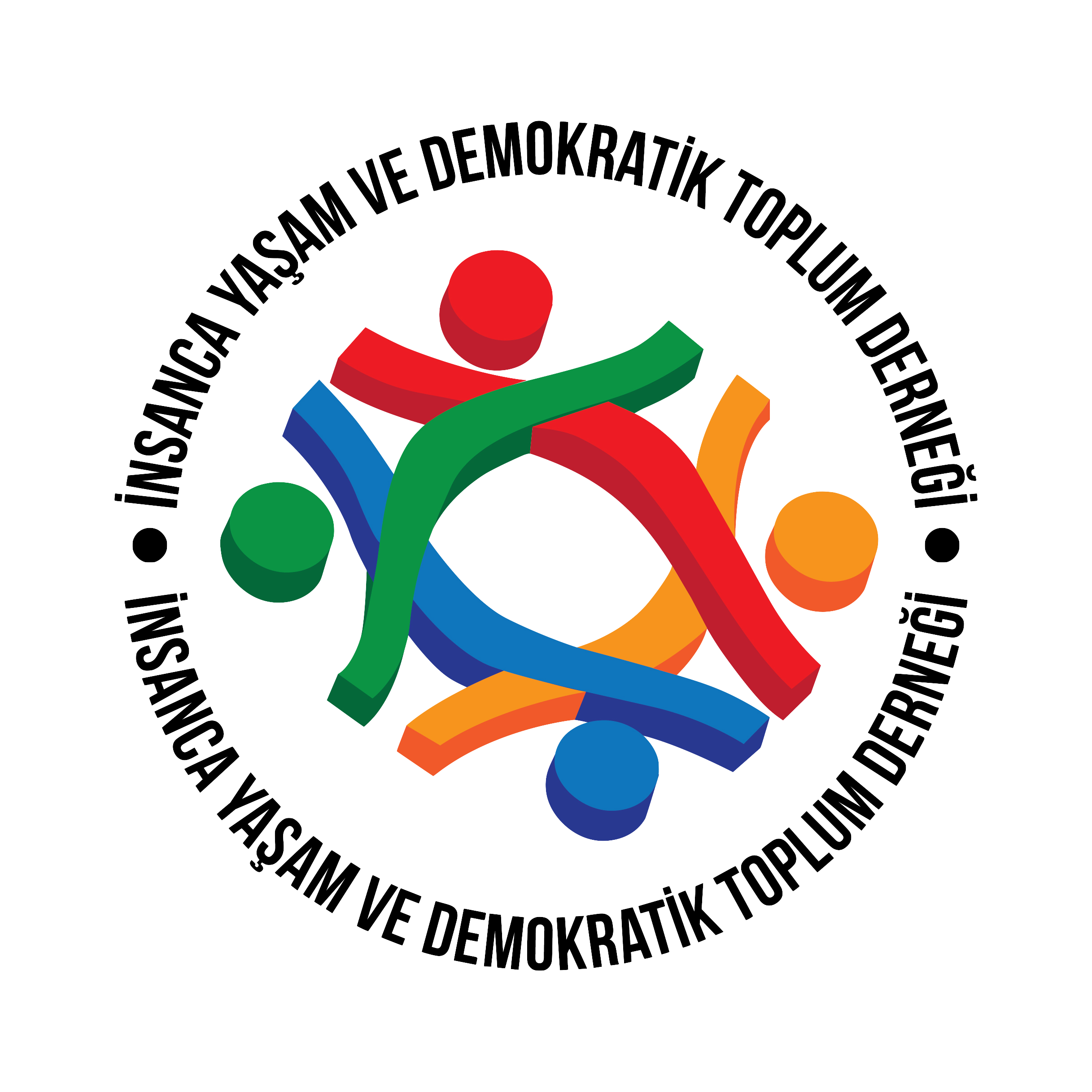
-Can you briefly introduce yourself?
Hi, I’m Merve Simsek. I am doing a master’s degree in Hacettepe University Gender and Women studies. I have been working as a volunteer and project coordinator in different NGOs for about 10 years. In 2014, we aimed to carry out rights-based activities in our region and we established the Humane Life and Democratic Society Organisation and currently I’m the chairperson of İYADER’s board of directors. For the last 5 years I have been working in the field, especially on women’s rights and gender equality. I am running different projects and campaigns with the aim of expanding gender equality in the world.
-What’s your process of being an organization?
Our Association is the only rights-based association established in Ankara Yenimahalle District. Yenimahalle is a region where the industry and businessperson associations located . In this direction, 7 friends who worked in the field of women’s rights came together and established this association that is alligned with the needs of the region. We all already know the disadvantages, opportunities and the needs of the area. We made this association to answer the needs of the area, thus the association became a tool for us. And since 2014, we are the only association working on women’s rights and gender equality in the Yenimahalle District.
As a right-based organization how do you look out for the equality of sexes? Does this equality exists in your board of directors?
We created our board of directors by taking gender equality into account. For this purpose, we chose our president and treasurer as women. Because in most of the associations, these positions are held by men. Also our organizational style is completely horizontal so we can say in practice, there is no hierachy. We are open to new volunteers and activists since we believe in change and our aim is to transform current society into a gender-equaly society.
What is your are of interest? Can you talk about your works?
We, as İYADER, are working especially on women’s human rights and gender equality. Particularly through the İYAGENDER Gender Activist program where we educate activists to give gender trainings in high schools. In the last year we gave about 500 students gender equality trainings.
There is a campaign conducted by us for the rights of women who left shelters. We prepared a draft law on women’s right to accommodate and take part in employment after leaving shelters. We have given this draft to the parliament and we are lobbying and advocating for it.
We provide vocational training for women who are staying in and / or out of shelter to take part in employment. By providing vocational trainings such as welding, plastic injection and logistics, we are trying to destroy gendered jobs perceptions in society. We employ the trained women in the industrial workplaces in Yenimahalle District. At the same time, we provide social gender equality trainings to these companies.
What are the five words that come up to your mind when you say “İYADER” ?
#equality, #gender, #femaleperspective, #activism, #iyagender
What civil society has gained to you?
Civil society gave me the opportunity to recognize what I could actually do. And when I saw what I can do, I actually wanted to do more. My decisions are also important turning points in my life and civil society affected my decisions. It even helped me to decide my profession. I can add a lot of things like analytical thinking, human oriented thinking, social impact, seeing the world from different perspectives
Who is your target group? (Age/Sex)
Our target is usually high school students. Because our goal is to ensure the demolition of stereotypes about gender in young people.
What are the pros and cons of working in civil field?
The pros are that you can always explore something new, learn about various teaching methods. You realize that you can learn infinitely at any age.
The downside is about employment. Avalaible jobs on the field are usually project-based and one can work for a certain period of time.
We kept talking about the “civil field”. What do you understand from “civil field”?
The civil field is like my reality. It always seemed to be a haven for refuge. Normally I work as a professional in a public institution. Civil field is the only area that I am able to satisfy myself, far from the area of bone-crushing bureaucracy, people driven by their ego trampling each other. I’ve been in civil society for about 15 years, and I learned a lot on this field.
What do you want to do in the future and what are your recommendations for young people?
I think every young person should experience civil society. I consider it as a valuable adventure because it’s like sea with plenty of things to explore in it. In every filed, there are a lot if things to explore, find meaning and complete youself. Because of this I suggest that every young person should volunteer and read volunteer experiences.
Click here for interview page


Yorum yazabilmek için oturum açmanız gerekir.